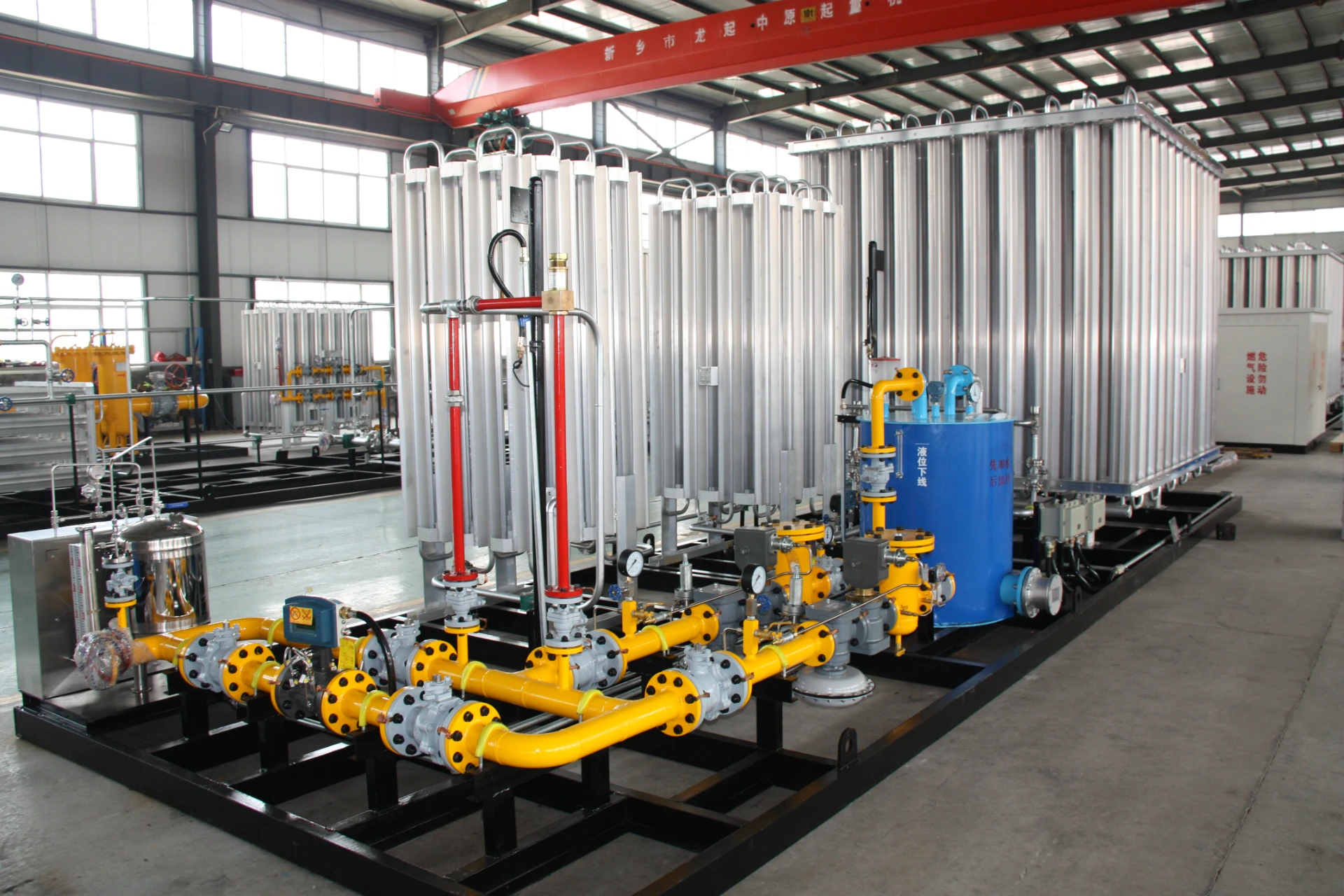
Nov . 05, 2024 15:41
Back to list
lng
Understanding LNG The Future of Energy
Liquefied Natural Gas (LNG) is increasingly becoming a critical component in the global energy landscape. As the world strives for cleaner, more sustainable energy solutions, LNG offers a viable alternative to traditional fossil fuels, providing an immediate path to reducing carbon emissions while still meeting rising energy demands. In this article, we will explore what LNG is, its production process, key advantages, and its growing importance in the energy sector.
LNG is natural gas that has been cooled to a liquid state, a process that takes place at extremely low temperatures (around -162 degrees Celsius or -260 degrees Fahrenheit). This liquefaction process reduces the volume of natural gas by about 600 times, making it easier and more efficient to store and transport over long distances, particularly where pipelines are not feasible. As a result, countries that lack natural gas production can import LNG from globally connected markets, enhancing energy security.
.
One of the most significant advantages of LNG is its environmental benefits. Compared to coal and oil, natural gas burns more cleanly, producing fewer greenhouse gases and pollutants. Transitioning to LNG can significantly reduce a country’s carbon footprint, making it an attractive option for nations looking to meet international climate commitments. In fact, countries like Japan and South Korea, which have limited domestic energy resources, are turning to LNG as a means to reduce their dependence on coal and enhance air quality.
lng

Moreover, LNG is adaptable and can be utilized across various sectors. It can serve as a feedstock for chemical production, a fuel for power plants, and even as an alternative for heavy-duty transportation. The versatility of LNG makes it a key player in the transition toward a more sustainable energy system. Additionally, as technology evolves, innovations in LNG infrastructure, such as floating storage and regasification units (FSRUs), have further facilitated the deployment of LNG solutions, especially in regions with limited access to traditional energy resources.
LNG is also poised to play an essential role in energy security. With supply chains that span the globe, LNG provides countries with flexibility in sourcing their energy needs. This diversification of energy supply helps insulate nations from geopolitical tensions and fluctuations in oil prices. For instance, European countries have increasingly turned to LNG imports to reduce reliance on Russian natural gas amid ongoing geopolitical conflicts.
However, despite its environmental advantages, LNG is not without challenges. The extraction and transportation processes can have negative environmental impacts, particularly concerning methane leakage during production. Methane is a potent greenhouse gas, and efforts to minimize these emissions are crucial as we strive for a balanced approach to energy transition. Additionally, constructing the necessary infrastructure for LNG terminals and pipelines requires significant investment and can face regulatory hurdles.
In conclusion, LNG stands at the forefront of the global energy revolution, combining the need for cleaner energy with the demand for reliable supply. As countries shift their energy policies to combat climate change and ensure energy independence, the role of LNG will likely expand. It represents not only a bridge from fossil fuels to renewable sources but also a solution to immediate energy security concerns. Moving forward, the focus must be on optimizing LNG production and transport methods, minimizing environmental impacts, and incorporating this vital source into a broader strategy for a sustainable energy future.
Next:
Latest news
-
Safety Valve Spring-Loaded Design Overpressure ProtectionNewsJul.25,2025
-
Precision Voltage Regulator AC5 Accuracy Grade PerformanceNewsJul.25,2025
-
Natural Gas Pressure Regulating Skid Industrial Pipeline ApplicationsNewsJul.25,2025
-
Natural Gas Filter Stainless Steel Mesh Element DesignNewsJul.25,2025
-
Gas Pressure Regulator Valve Direct-Acting Spring-Loaded DesignNewsJul.25,2025
-
Decompression Equipment Multi-Stage Heat Exchange System DesignNewsJul.25,2025

